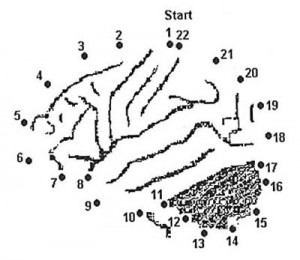 In 1997, shortly after getting married and buying our first house, I was invited to travel to Japan and spend a little over a month researching Japanese-Chinese machine translation under a grant from the Japanese Ministry of Education. It was a disorienting experience, like most non-Japanese find Japan, and the hours spent studying my translation guide helped me very little. In the mornings I would jog through downtown, around the canals, and past the temples. Days were spent writing and optimizing statistical matching algorithms for lining up runs of characters that I didn’t understand in an early incarnation of the same approach currently used in Google Translate.
In 1997, shortly after getting married and buying our first house, I was invited to travel to Japan and spend a little over a month researching Japanese-Chinese machine translation under a grant from the Japanese Ministry of Education. It was a disorienting experience, like most non-Japanese find Japan, and the hours spent studying my translation guide helped me very little. In the mornings I would jog through downtown, around the canals, and past the temples. Days were spent writing and optimizing statistical matching algorithms for lining up runs of characters that I didn’t understand in an early incarnation of the same approach currently used in Google Translate.
I, of course, visited the Peace Memorial Park several times and toured the museum there, ultimately purchasing a slim volume of recollections from the day the bomb fell that was written in Japanese and English on facing pages. There was also one thing that struck me and I later inquired about to a Japan expert who worked in the Intelligence Community: the narrative presented in the museum was that the Japanese commoner had little understanding of the war effort; they were victims of the emperor and the elite classes. It was a moral distancing that resonated with similar arguments about the German volk being non-complicit in the Holocaust, and an argument that I found distasteful.
With this background, then, I was intrigued when I discovered that the father of my new boss wrote a memoir on being perhaps the first Westerner to enter Hiroshima following the dropping of the atomic bomb. Kenneth Harrison’s book, The Brave Japanese, was originally published in 1966, then republished in 1982 under The Road to Hiroshima due, in part, to the controversy in Australia over ascribing bravery to the Japanese.… Read the rest

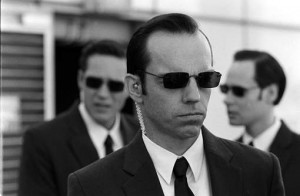

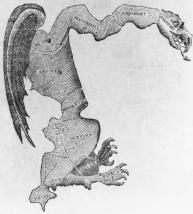
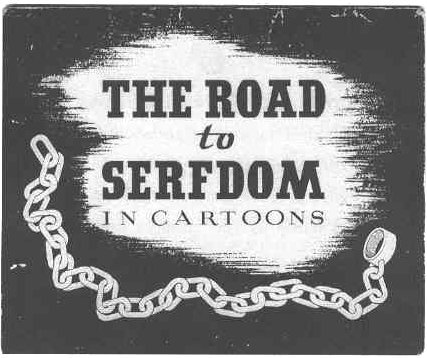
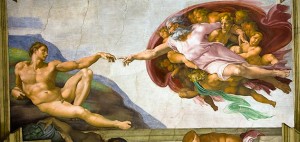 An ever-present flaw in almost all theology and apologetics–and a flaw that is easily remediable–is the requirement for omnipotence, omnibenevolence, and omniscience (OOO) on the part of the structure of God or the gods. We see this in the argumentative doldrums of the
An ever-present flaw in almost all theology and apologetics–and a flaw that is easily remediable–is the requirement for omnipotence, omnibenevolence, and omniscience (OOO) on the part of the structure of God or the gods. We see this in the argumentative doldrums of the 
